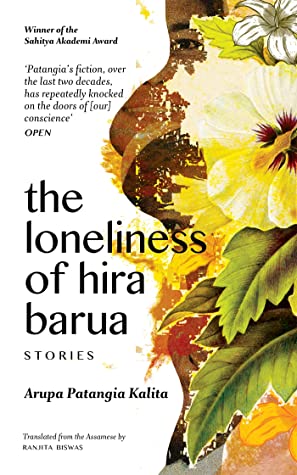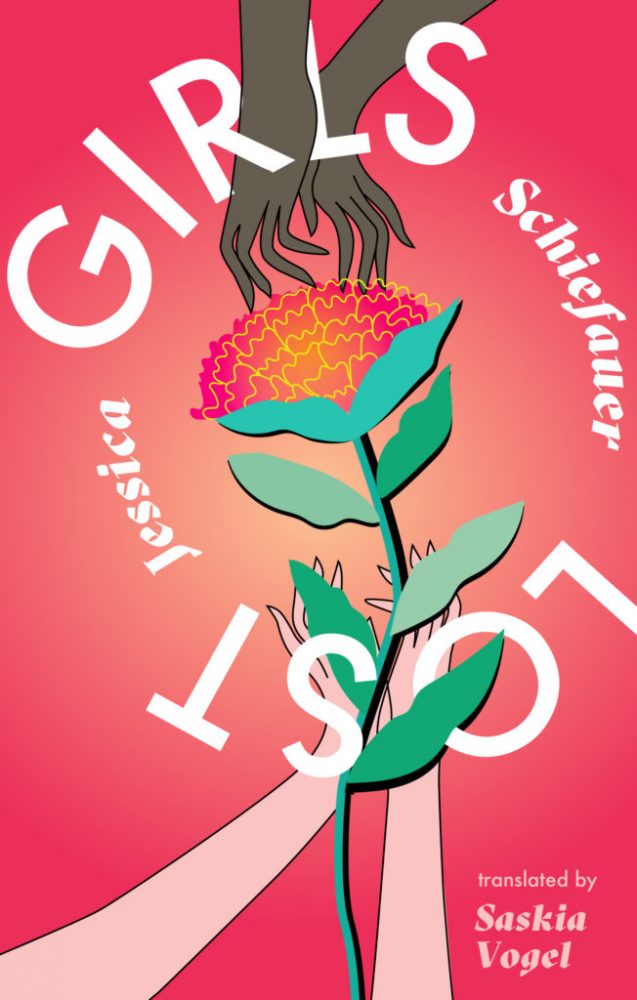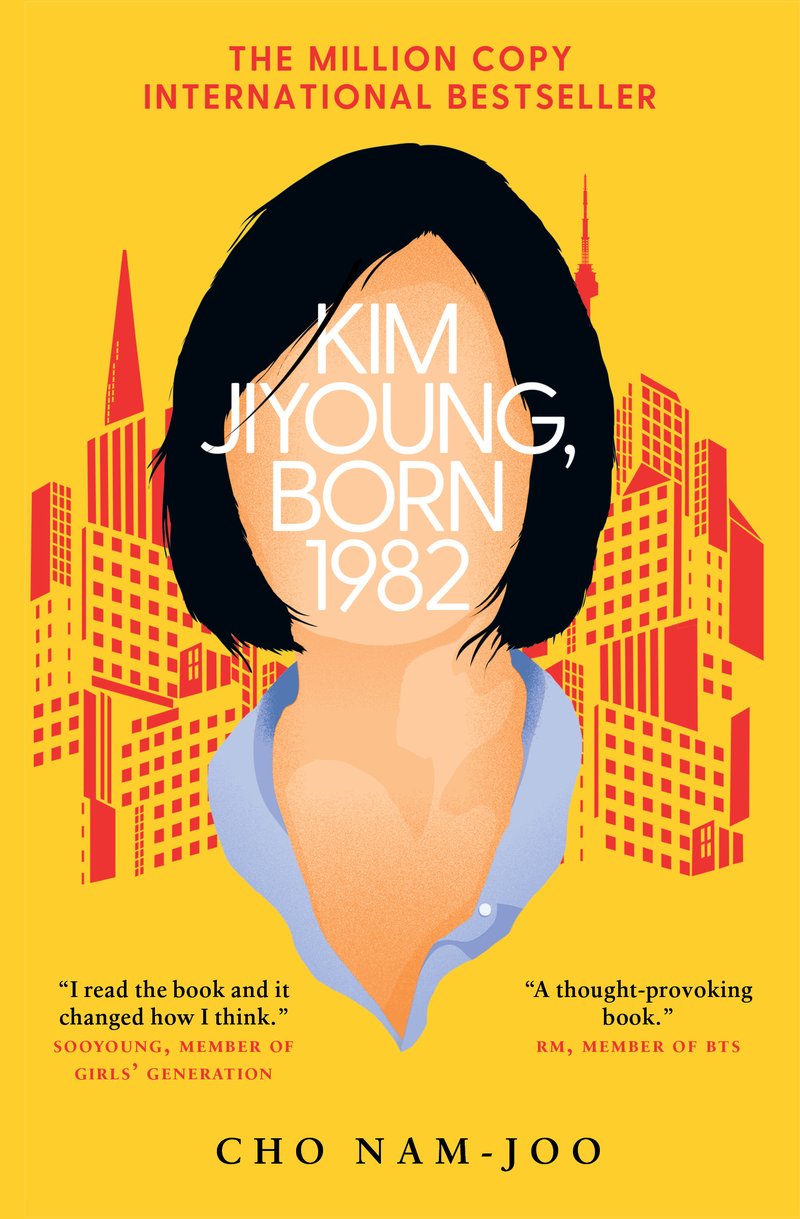
QUIZ: The Books You Should Read for Women in Translation Month!
August is one of my favorite months of the year. Not because of the humidity here in Chicago, or the impending approach of fall. No, it’s one of my favorite months because it’s Women in Translation Month, AKA #WITMonth, a full month dedicated to supporting women authors writing in non-English languages as well as women translators doing the work to bring them to our waiting hands.
In the last few years, I have grown increasingly focused on books in translation. It has enriched my reading life, as I dive into books from all over the world, find new presses doing incredible work, and start exciting new projects. I’m in love with the moment of joy that lights up in my chest when I stumble on a book translated from a more obscure language (by obscure I mean solely that we don’t have many books from it translated yet into English) or a feminist queer author who hasn’t been translated before, but now finally is.
For those interested, Women in Translation Month is full of challenges, lists, articles, and more under the #WITMonth hashtag on Twitter — and is boosted by incredible accounts such as Read_WIT. These efforts are so, so important, because the more we express interest and desire for books by and translated by women to get to our shelves, the more translations will be pursued and actively published. So let’s get reading!
This quiz will help you out by giving you a recently published novel that’s both by and translated by a woman. The books are from all over the world, and if I were you, I’d take the quiz a couple times just to get those recommendations…but for now, one time will do! (Alternately, just scroll down to see all the options!)
Here are all the results and book recommendations from the quiz:

The Loneliness of Hira Barua by Arupa Patangia Kalita, Translated from the Assamese by Ranjita Biswas
This modern classic of Indian literature is a collection of 13 short stories that take place in the midst of conflict, violence, and change in Assam. Around strong women characters navigating family, aging, and trauma, Kalita weaves stories about defiance, loneliness, and grief, among other themes.
The Adventures of China Iron by Gabriela Cabezón Cámara, Translated by Fiona Mackintosh and Iona Macintyre
When Martin Fierro is conscripted, his teenage wife is thrilled: finally, freedom! She hops onto a wagon with an enterprising Scottish woman for an adventure over the pampas, through which she will confront the truths of patriarchal imperialism and discover her own fiercely queer, joyful identity.

Girls Lost by Jessica Schiefauer, Translated from the Swedish by Saskia Vogel
Three young girls gather in Bella’s greenhouse to escape the suffocating binary world of adolescence. But when they plant a seed, a magical flower blooms that allows them to become boys. As they explore a world of newfound agency, they also discover new realities — and as their nights as boys turn dark, the girls have mixed reactions.
Heavens on Earth by Cármen Boullosa, Translated from the Spanish by Shelby Wright
Three twisting narratives come together to form an epic sci-fi tale. Lear lives in a post-apocalyptic utopian society where language is increasingly limited; Don Hernando, a 16th century Aztec priest, lives in the early days of colonization; and Estela in late 20th century Mexico City translates Don Hernando’s work.

The Frightened Ones by Dima Wannous, Translated from the Arabic by Elisabeth Jaquette
Suleima has a short affair with a strange man she met in her therapist’s waiting room. But when he later sends her a copy of his unfinished novel, she’s thrown into doubt — she’s awfully similar to the protagonist. But is he more right about what happened, or can she trust her own memories?
Segu by Maryse Condé, Translated by Barbara Bray
It’s an epic story of the 18th century African kingdom Segu, with change on the horizon. The hefty historical fiction story follows the king’s advisor Dousika Traore and his four sons, each of which will reflect one of the changes coming to their society. Segu won the Alternative Nobel Prize for Literature 2018.

Kim Jiyoung, Born 1982 by Cho Nam-Joo, Translated from the Korean by Jamie Chang
A 30-something-year-old woman and mother finds herself impersonating other women, alive and dead, familiar and strangers — speaking in eerie voices that alarm her husband and family. She recounts her life, of being policed, harassed, and dismissed as a woman, to a male psychiatrist in this feminist novel.














